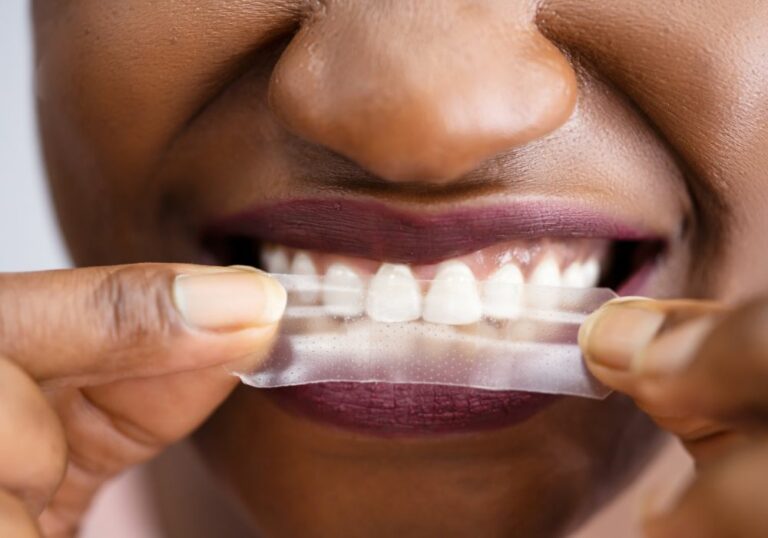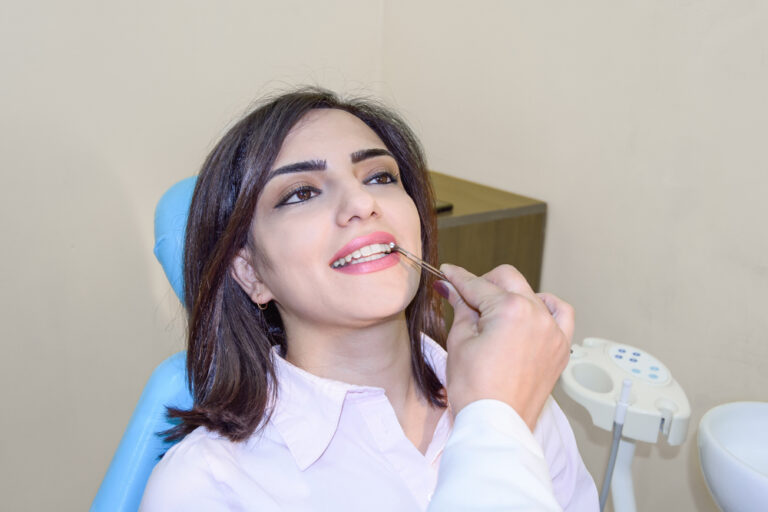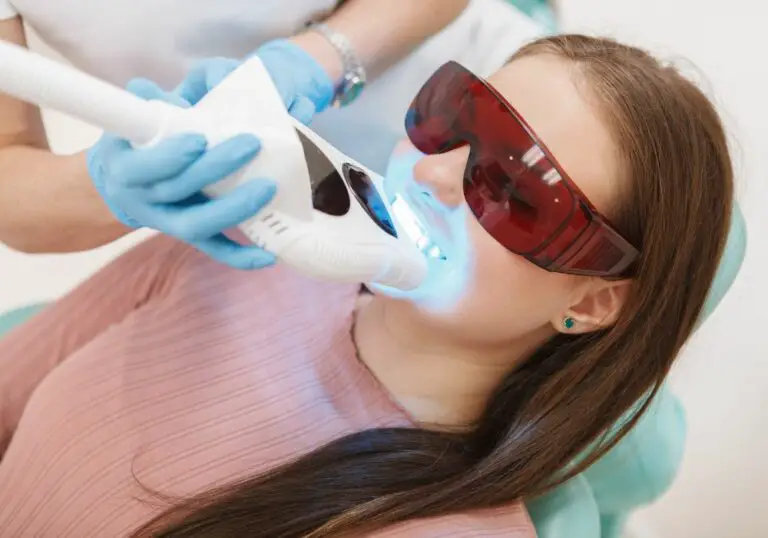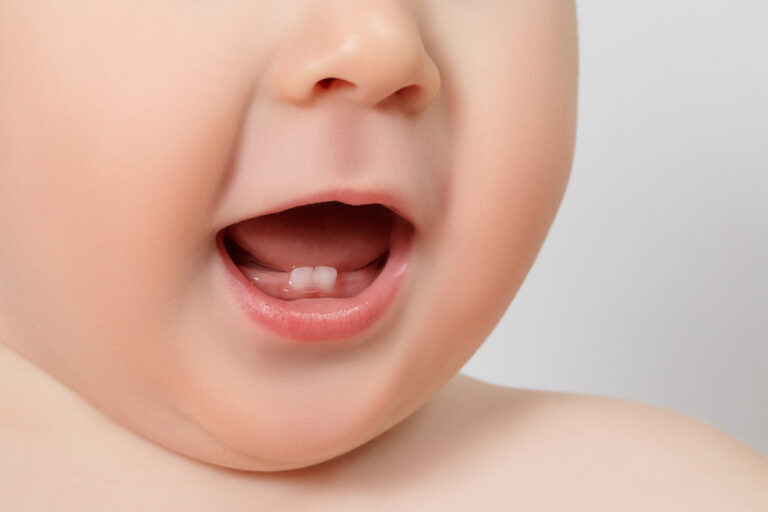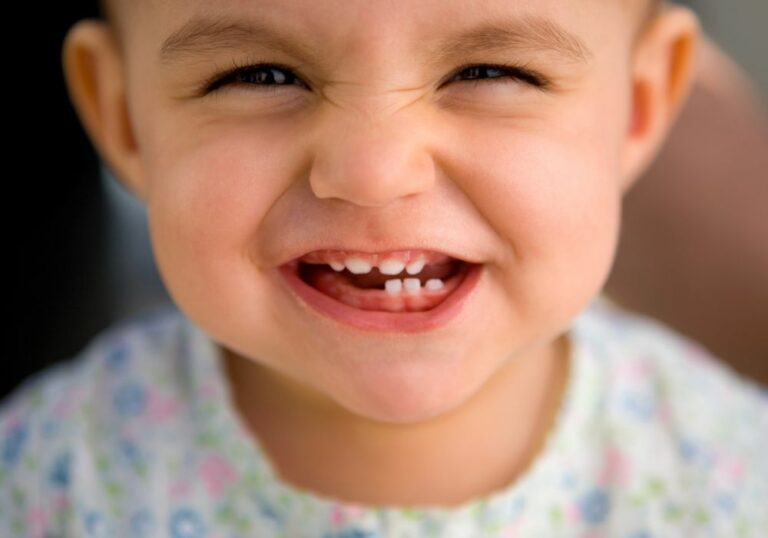Maintaining good oral hygiene is important for keeping your teeth and gums healthy. If you have recently undergone a deep cleaning procedure, you may be wondering how to maintain the results and prevent further dental issues. Here are some tips on how to maintain your teeth after deep cleaning.
First, it is important to continue brushing and flossing regularly. Brush your teeth twice a day for at least two minutes each time, and floss at least once a day to remove any food particles and plaque that may have accumulated in between your teeth. This will help prevent the buildup of tartar and plaque, which can lead to cavities and gum disease.
Second, consider using an antibacterial mouthwash to help kill bacteria and freshen your breath. Look for a mouthwash that contains fluoride, which can help strengthen your tooth enamel and prevent tooth decay. It is also important to maintain a healthy diet and avoid sugary and acidic foods and drinks, which can erode your tooth enamel and cause cavities. By following these tips, you can help maintain the results of your deep cleaning and keep your teeth and gums healthy.
Understanding Deep Cleaning
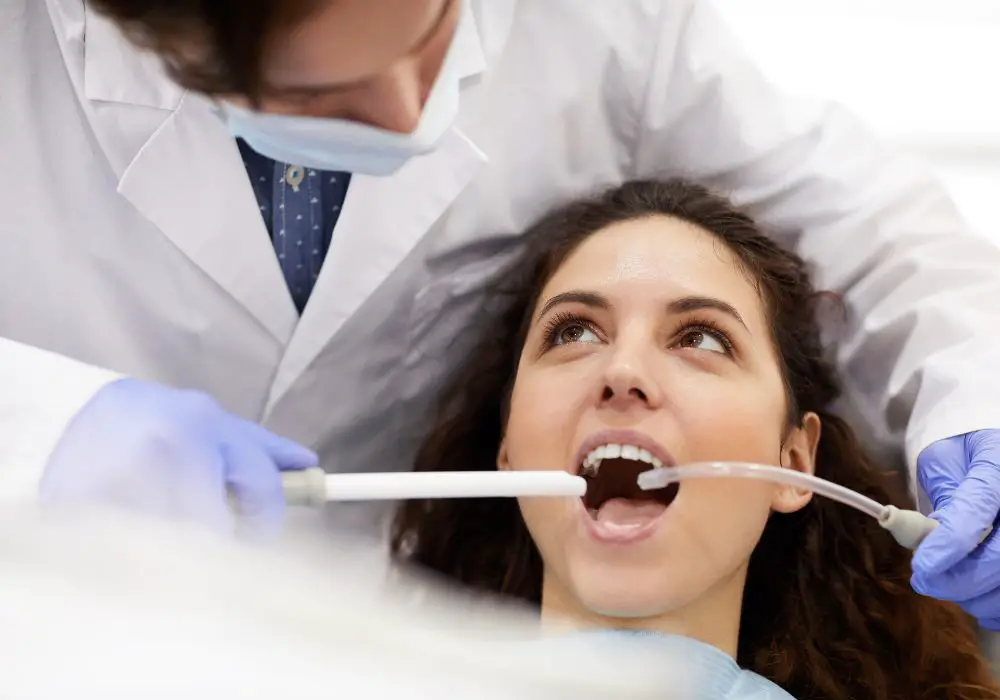
If you have been advised to have a deep cleaning by your dentist, it is important to understand what it is and why it is necessary. Deep cleaning, also known as scaling and root planing, is a dental procedure that involves the removal of plaque and tartar buildup from below the gum line. It is a more extensive cleaning procedure than a regular dental cleaning.
During a deep cleaning, your dentist or dental hygienist will use special tools to remove the buildup of plaque and tartar from your teeth and gums. This process may take longer than a regular cleaning and may require more than one visit to complete.
Deep cleaning is typically recommended for patients with gum disease or for those who have not had a regular cleaning in a long time. Gum disease is caused by the buildup of bacteria in the mouth, which can lead to inflammation and infection of the gums. If left untreated, gum disease can lead to tooth loss and other serious health problems.
After a deep cleaning, it is important to maintain good oral hygiene to prevent the buildup of plaque and tartar from returning. This includes brushing your teeth twice a day, flossing daily, and using an antibacterial mouthwash. Your dentist may also recommend additional treatments or follow-up appointments to monitor your oral health and prevent future problems.
Immediate Aftercare
After your deep cleaning procedure, you need to take extra care of your teeth and gums. Here are some tips to help you maintain good oral health:
Avoid Certain Foods
Avoid eating hard, crunchy, or sticky foods for the first few days after your deep cleaning. These foods can irritate your gums and cause discomfort. Instead, choose soft foods that are easy to chew, such as soups, mashed potatoes, and yogurt. Also, avoid smoking and drinking alcohol, as they can slow down the healing process.
Mind Your Oral Hygiene Routine
It’s important to maintain good oral hygiene after your deep cleaning. Brush your teeth twice a day with a soft-bristled toothbrush and fluoride toothpaste. Floss at least once a day to remove plaque and food particles from between your teeth. If you experience any bleeding or discomfort while brushing or flossing, don’t panic. This is normal and should subside within a few days.
You may also want to consider using an antimicrobial mouthwash to help kill bacteria and freshen your breath. However, be sure to check with your dentist before using any new products.
In addition, make sure to attend your follow-up appointments with your dentist or dental hygienist. They will monitor your progress and make sure your gums are healing properly.
By following these tips, you can help ensure that your deep cleaning procedure is a success and maintain good oral health in the long run.
Long Term Maintenance

After a deep cleaning, it’s important to maintain good oral hygiene to prevent further buildup of plaque and bacteria. Here are some tips to help you maintain healthy teeth and gums in the long term.
Regular Brushing and Flossing
Brushing your teeth twice a day for two minutes each time is essential for maintaining oral health. Use a soft-bristled toothbrush and fluoride toothpaste to gently clean your teeth and gums. Make sure to brush all surfaces of your teeth, including the back molars and along the gumline.
Flossing once a day is also important for removing plaque and food particles from between your teeth. Use a gentle back-and-forth motion to clean between each tooth, and be sure to reach the gumline.
Use of Mouthwash
Mouthwash can help kill bacteria and freshen your breath. Look for an alcohol-free mouthwash that contains fluoride to help strengthen your teeth. Use mouthwash after brushing and flossing, and swish it around your mouth for 30 seconds before spitting it out.
Regular Dental Check-ups
Regular dental check-ups are important for maintaining good oral health. Your dentist can check for any signs of gum disease or tooth decay, and can recommend further treatment if necessary. It’s recommended to visit your dentist every six months for a routine check-up and cleaning.
By following these tips, you can maintain healthy teeth and gums after a deep cleaning. Remember to brush and floss regularly, use mouthwash, and visit your dentist regularly for check-ups and cleanings.
Lifestyle Changes
Maintaining good oral hygiene is essential after deep cleaning. However, it is not only brushing and flossing that can help you maintain healthy teeth and gums. Certain lifestyle changes can also make a significant difference. Here are some lifestyle changes that you can make to maintain your teeth after deep cleaning:
Quit Smoking
Smoking is one of the leading causes of gum disease and tooth loss. Smoking also makes it difficult for your gums to heal after deep cleaning. Therefore, quitting smoking is one of the most important lifestyle changes you can make to maintain healthy teeth and gums. You can talk to your doctor or dentist for help quitting smoking.
Healthy Diet
Eating a healthy diet is not only good for your overall health but also for your oral health. A healthy diet can provide the essential nutrients that your teeth and gums need to stay healthy. Here are some tips for maintaining a healthy diet:
- Avoid sugary and acidic foods and drinks that can damage your teeth.
- Eat a balanced diet that includes fruits, vegetables, whole grains, and lean proteins.
- Drink plenty of water to keep your mouth hydrated and wash away food particles.
By making these lifestyle changes, you can maintain your teeth after deep cleaning and prevent further dental problems.
Potential Issues and Solutions
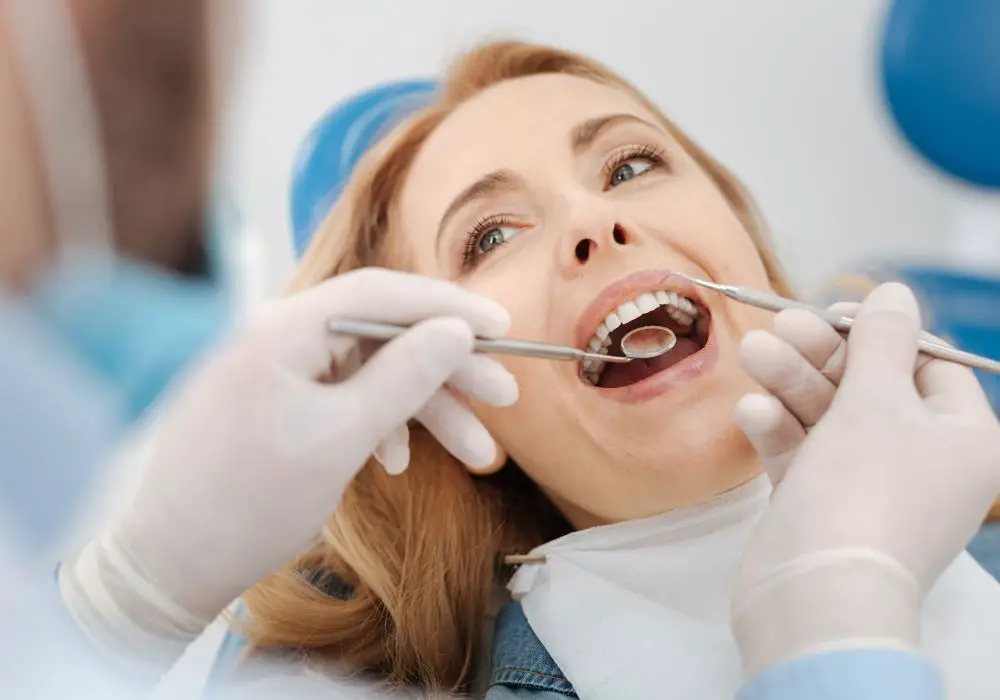
After a deep cleaning, you may experience some common issues such as sensitivity and gum swelling. Here are some tips to help you deal with these issues:
Dealing with Sensitivity
It is normal to experience sensitivity after a deep cleaning. Your teeth may feel more sensitive to hot and cold temperatures, as well as sweet and sour foods. Here are some things you can do to alleviate sensitivity:
- Use a toothpaste designed for sensitive teeth.
- Avoid eating or drinking extremely hot or cold foods and drinks.
- Use a soft-bristled toothbrush and brush gently.
- Rinse your mouth with warm salt water.
- If the sensitivity persists, talk to your dentist about other treatment options.
Handling Gum Swelling
Gum swelling is another common issue after a deep cleaning. Your gums may feel sore and swollen for a few days. Here are some things you can do to help alleviate gum swelling:
- Use a cold compress on the outside of your cheek to reduce swelling.
- Take over-the-counter pain medication such as ibuprofen or acetaminophen.
- Rinse your mouth with warm salt water.
- Avoid eating hard or crunchy foods that can irritate your gums.
If the swelling persists or gets worse, talk to your dentist about other treatment options.
Remember, it is important to maintain good oral hygiene after a deep cleaning to prevent further issues. Brush twice a day, floss daily, and schedule regular check-ups with your dentist. By taking care of your teeth, you can maintain a healthy smile for years to come.
Frequently Asked Questions
What foods should you avoid after a deep cleaning?
After a deep cleaning, you should avoid acidic foods such as oranges and tomatoes, challenging foods like steaks or large burgers, and foods with small pieces that could get stuck in your teeth. Instead, opt for softer foods that are easier to chew and won’t irritate your gums.
Can you drink coffee after a deep cleaning?
It’s best to avoid coffee for the first 24-48 hours after a deep cleaning as it can cause sensitivity in your teeth. However, after that, you can enjoy your coffee, but be sure to rinse your mouth with water after drinking it.
How long does it take for gums to heal after a deep cleaning?
The healing time for gums after a deep cleaning can vary depending on the extent of the cleaning and the individual’s oral health. Generally, it can take up to two weeks for your gums to fully heal.
What should you do to take care of your teeth after a deep scaling?
After a deep scaling, it’s important to maintain good oral hygiene habits such as brushing twice a day, flossing daily, and using an antibacterial mouthwash. Additionally, you should avoid smoking and limit your intake of sugary and acidic foods.
Are there any disadvantages to getting a deep cleaning?
While there are no major disadvantages to getting a deep cleaning, some people may experience sensitivity or discomfort during and after the procedure. Additionally, it can be costly, especially if you don’t have dental insurance.
What are some things you should not do after teeth cleaning?
After teeth cleaning, you should avoid eating or drinking for at least 30 minutes, avoid smoking or using tobacco products, and avoid hard or crunchy foods that could damage your teeth. Additionally, you should wait to brush your teeth for at least an hour after the cleaning to allow your mouth to fully heal.

